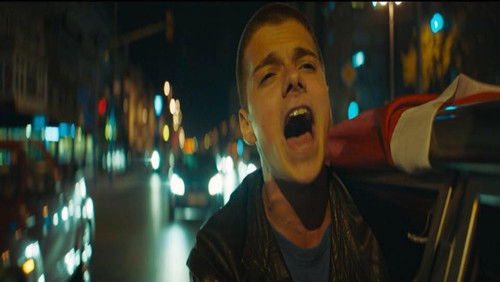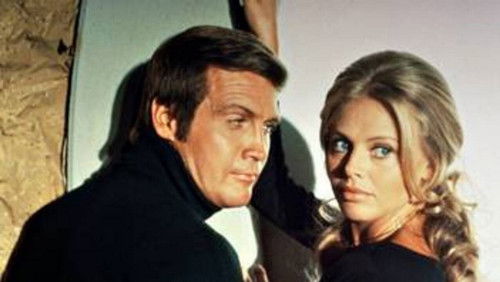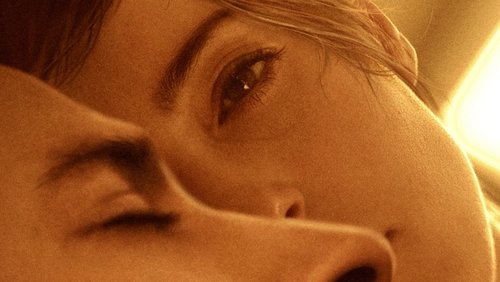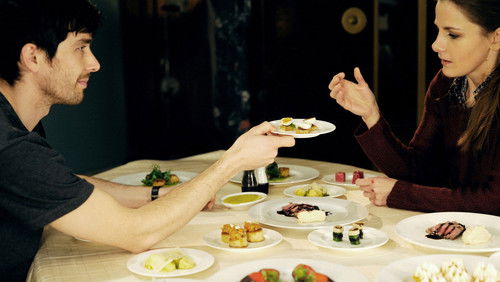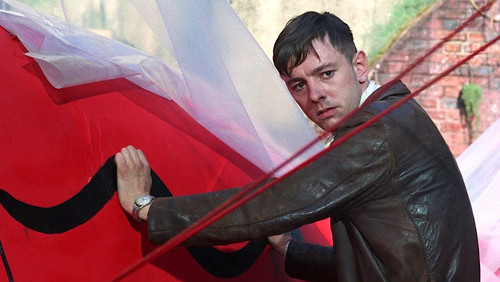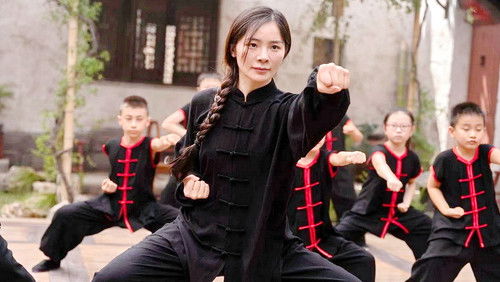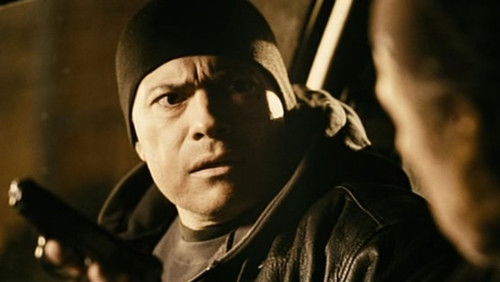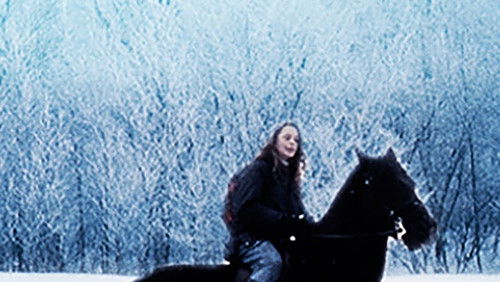Shinjû: Ten no Amijima (1969)
68KShinjû: Ten no Amijima (1969). 2h 22m | Not Rated
“Stemming from a Japanese puppet play from the 1700u0026#39;s, Double Suicide stands tall and beautiful as a new wave love story similar to that of u0026quot;Romeo and Julietu0026quot; on the surface. Masahiro Shinoda takes some risky strides in his directing by utilizing a series of dark u0026quot;puppet masteru0026quot; characters to linger in the majority of all scenes alluding to the story in its earliest form. This concept manages to workout wonderfully by some miracle and really compliments the thematic elements of the film as we watch the cast manipulate one another or u0026quot;pull each otheru0026#39;s strings.u0026quot; The performances are all stellar in this film as Shinoda makes sure to direct each to have a very vacant and detached approach to their roles allowing their characters to fall into the deceit of one another. Jihei, (Kichiemon Nakamura), is perfect in his dark conviction of his immoral affair with a 19 year old prostitute (Shima Iwashita), while still attempting to maintain a healthy relationship with his too-loyal wife Osan (also played by Shima Iwashita). Osan takes the feministu0026#39;s nightmare role of a wife whom stands by her husbandu0026#39;s side and is supportive of his every wrong-doing. The prostitute, Koharu, balances the relationship by playing the role of a friend to the wife and promising to end her affair while professing her never-ending love for Jihei when Osan is out of the picture. Everyone shares a shifting balance of power, control, and love for one another really adding up to the thrilling climax of this film.u003cbr/u003eu003cbr/u003eVisually, this film is just as outstanding as is its narrative. The cinematographer plans his shots smart by finding the ideal balance for including the puppet masters in appropriate shots. This is a film full to the brim of wide and establishing shots with puppet masters cleverly tucked in the distant background of each frame opposed to using unnecessary close-ups. This is most similar to how puppet masters in the original puppet play productions would remain shielded in the darkness of the stage to remain being seen as little as possible.”
